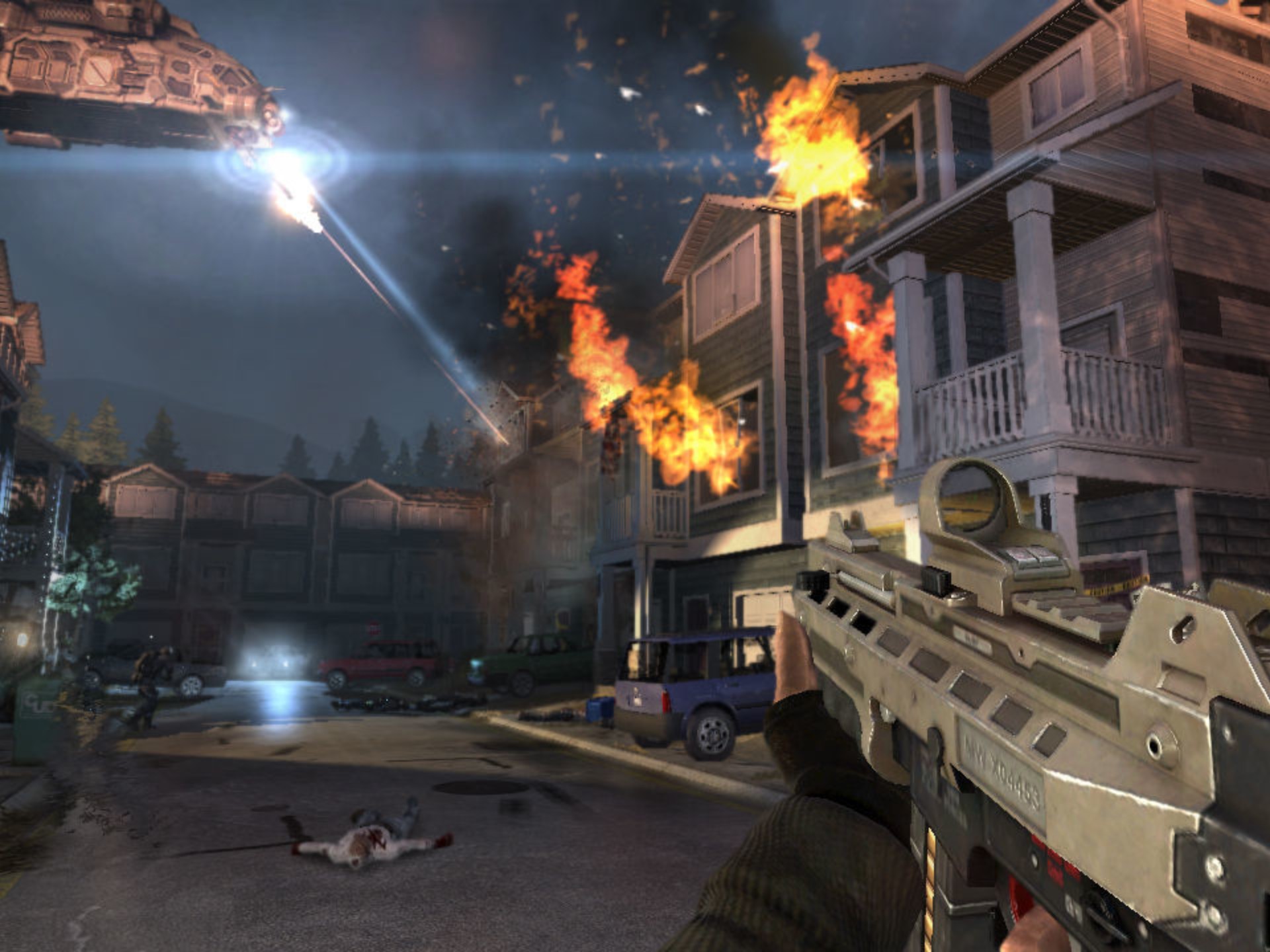Exclusive Interview: Inside the Fighter Pilot’s Cockpit – Advanced Weapon Systems Unveiled
By [Your Name]
Introduction
Fighter jets are the pinnacle of modern aerial warfare, combining speed, agility, and cutting-edge weaponry. But what truly sets them apart is their advanced cockpit technology and weapon systems. In this exclusive interview, we sit down with Captain Alex "Raptor" Mitchell, a seasoned F-22 Raptor pilot, to explore the sophisticated weapon systems inside a fighter pilot’s cockpit.
From radar-guided missiles to AI-assisted targeting, we delve into the tech that gives pilots the edge in combat.
The Evolution of Fighter Jet Weapon Systems
From Guns to Smart Munitions
Early fighter jets relied on machine guns and cannons, but modern air combat has evolved into a beyond-visual-range (BVR) engagement dominated by missiles and electronic warfare.
"In the past, dogfights were about who had the better reflexes," says Captain Mitchell. "Now, it’s about who sees the enemy first and can engage from the furthest distance."
Key Weapon Systems in a Modern Fighter Cockpit
-
Radar & Sensor Fusion
- AESA Radar (Active Electronically Scanned Array) – Allows pilots to track multiple targets simultaneously.
- Infrared Search & Track (IRST) – Detects heat signatures without radar emissions, keeping the jet stealthy.
-
Air-to-Air Missiles (AAMs)
- AIM-120 AMRAAM – A radar-guided missile with a range exceeding 100 miles.
- AIM-9X Sidewinder – A heat-seeking missile for close-range combat.
-
Air-to-Ground Munitions
- JDAM (Joint Direct Attack Munition) – GPS-guided bombs for precision strikes.
- AGM-158 JASSM – A stealthy cruise missile for high-value targets.
-
Electronic Warfare & Countermeasures
- AN/ALQ-211 Suite – Jams enemy radars and disrupts missile guidance.
- Flares & Chaff – Deployed to confuse incoming heat-seeking and radar-guided missiles.
Inside the Cockpit: How Pilots Engage Targets
Step 1: Detection & Tracking
"The radar gives me a God’s-eye view of the battlefield," Captain Mitchell explains. "I can see enemy jets, drones, and even ground threats before they know I’m there."
- Helmet-Mounted Display (HMD) – Projects targeting data directly onto the pilot’s visor.
- Voice Command Systems – Allows hands-free control of weapon selection.
Step 2: Weapon Selection & Lock-On
Once a target is identified, the pilot selects the optimal weapon:

- For air targets → AMRAAM (long-range) or Sidewinder (short-range).
- For ground strikes → JDAMs or laser-guided bombs.
"The computer helps me calculate the best firing solution, but the final decision is mine," Mitchell adds.
Step 3: Firing & Evasion
After launch, the missile’s guidance system takes over, while the pilot maneuvers to avoid retaliation.
"If a missile is coming at me, I’ll deploy countermeasures and break hard to evade. It’s a high-stakes game of chess at Mach 2."
The Future of Fighter Jet Weapon Systems
AI & Autonomous Drones
- Loyal Wingman Drones – AI-controlled drones that fly alongside manned jets, expanding combat capabilities.
- Predictive Targeting – Machine learning algorithms predict enemy movements for faster engagement.
Hypersonic Missiles
"Hypersonic weapons change everything," Mitchell says. "They’re so fast that traditional defenses can’t react in time."
Directed Energy Weapons (DEWs)
- Laser Cannons – Being tested for missile interception and close-range combat.
- Microwave Weapons – Designed to disable enemy electronics without physical destruction.
Conclusion
The fighter pilot’s cockpit is a nerve center of advanced warfare, where cutting-edge weapon systems and human skill merge to dominate the skies. As technology evolves, so does the nature of air combat—faster, stealthier, and more lethal than ever before.
"At the end of the day, it’s not just about the tech," Captain Mitchell concludes. "It’s about training, instinct, and the will to win."
Tags:
FighterPilot #MilitaryAviation #WeaponSystems #AirCombat #F22Raptor #DefenseTechnology #AESA #HypersonicMissiles #ElectronicWarfare #FutureOfWarfare
Would you like any modifications or additional details on specific systems? Let me know how I can refine this further!


















